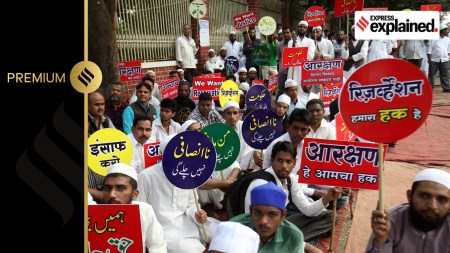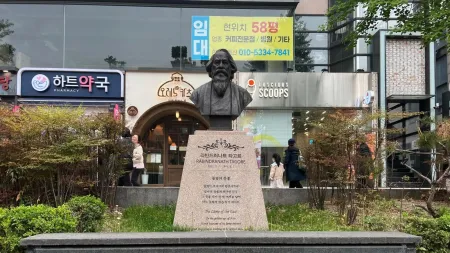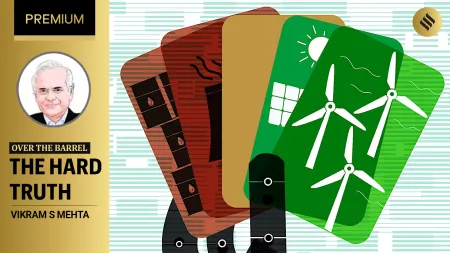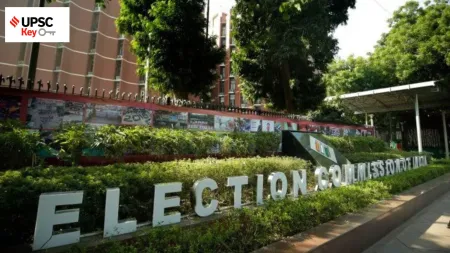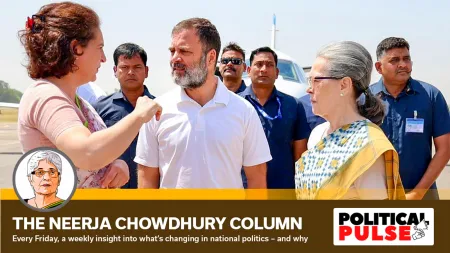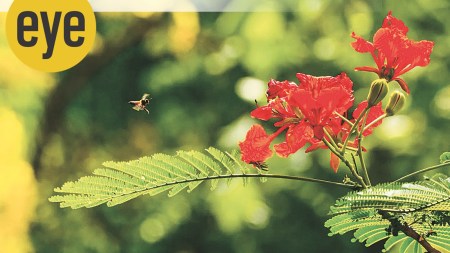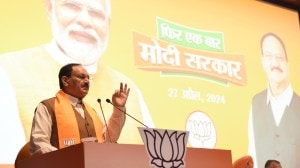- India
- International
Chandigarh: PGI panel submits report on plagiarism to chief
At present, PGIMER has no specific rules or guidelines to penalise those accused of plagiarism or any other research-related misconduct.
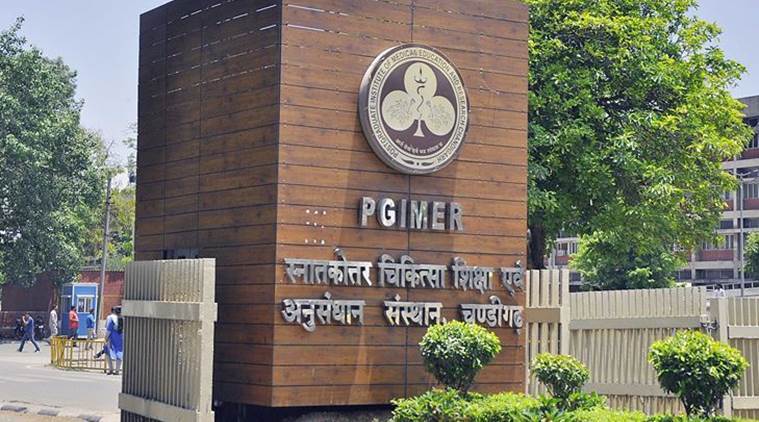 The extent of copied material in this category should be less than 10 per cent. This category, however, does not justify disciplinary action or punishment.
The extent of copied material in this category should be less than 10 per cent. This category, however, does not justify disciplinary action or punishment.
A COMMITTEE formed by PGI to frame guidelines and penalty on plagiarism has submitted its report to the authorities. It has recommended disciplinary proceedings or punishment in cases, where more than 10 per cent of the content in research activities has been copied. The committee has divided severity of plagiarism into four levels (1, 2, 3, 4) as well as one basic category in the report. Dr D Behera, former dean of research at PGI and chairman of the committee at present, has confirmed that the report has been submitted.
According to the report, the basic category, named as Poor Academic Practice, will include those cases, where a limited amount of “copied text expressing ideas taken from the work of others in the writers own words but without appropriate citation or subjected to minor alterations with or without citations” is found. The extent of copied material in this category should be less than 10 per cent. This category, however, does not justify disciplinary action or punishment.
In category (1), the extent of copied material will be (10-25) per cent, thereby justifying disciplinary proceedings and punishment. This category would include “short block of copied text expressing ideas taken from work of others without appropriate citation”. A short block of text may be as small as two continuing lines.
Category (2) of plagiarism would deal with those cases, where the copied content is over 25 per cent. In categories 1 and 2, the committee has recommended preliminary fact finding by the dean and the report is to be submitted to the authorities for a decision.
The committee has recommended penalty in categories 3 and 4. According to the report, category 3 will include “experimental results copied from other’s works or from online resources; data fabrication or data falsification”. Level 4 of plagiarism will deal with cases related to a repeat offender (one who was involved in categories 1, 2 or 3 earlier).

At present, PGIMER has no specific rules or guidelines to penalise those accused of plagiarism or any other research-related misconduct. The institute had already initiated disciplinary action against two doctors involved in plagiarism and research-related misconduct cases.
For levels 3 and 4, the committee has recommended penalty against the violators. The committee says a preliminary fact finding has to be done by the Standing Committee of Dean (Research) as chairman and the report is to be submitted to the competent authority for decision regarding the penalty as per Central Civil Services (Conduct) Rules.
The committee has also added 28 guidelines on plagiarism framed by the Office of Research Integrity (ORI), one of the bodies looking after research integrity in the United States.
What will happen if plagiarism is detected?
“The same will be deliberated and discussed in a Standing Committee or by Dean (R) depending on the category of plagiarism. It should evaluate and examine the presence and extent of plagiarism in a time-bound manner. The report of the committee or Dean (R) will be submitted to the competent authority for decision,” reads the report.
What is plagiarism
According to the report, plagiarism is the “appropriation of another person’s ideas, processes, results, or words without giving appropriate credit, including those obtained through confidential review of others’ research proposals and manuscripts”. It added, “Ten words together in trial if borrowed are considered as copying of the words or ideas.”
May 08: Latest News
- 01
- 02
- 03
- 04
- 05



